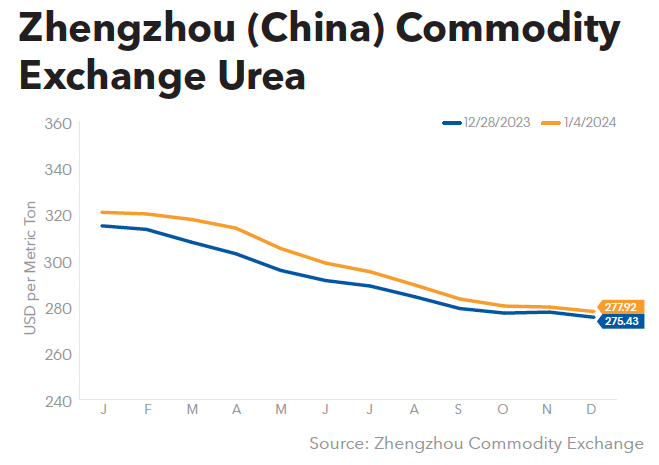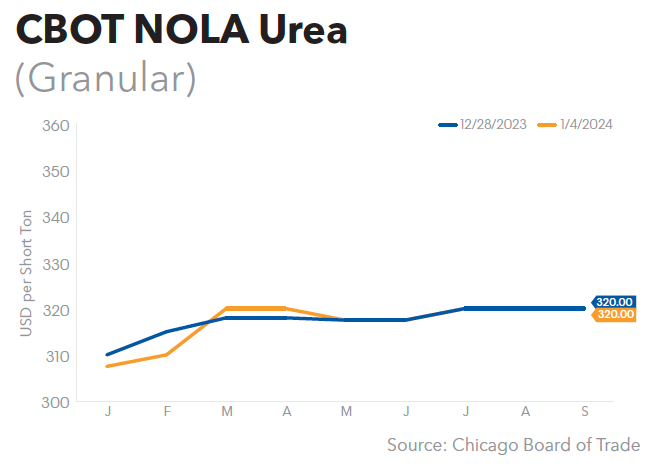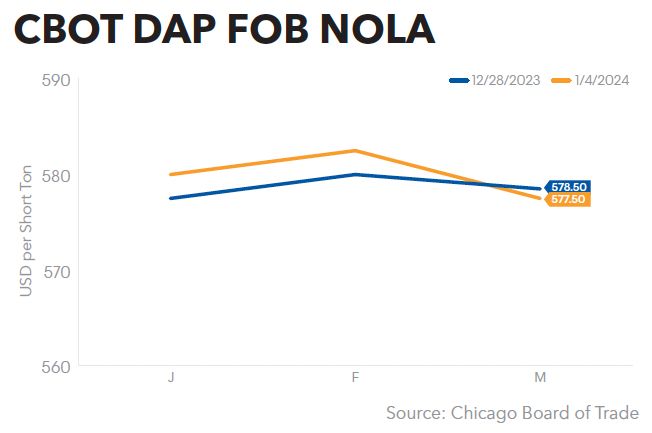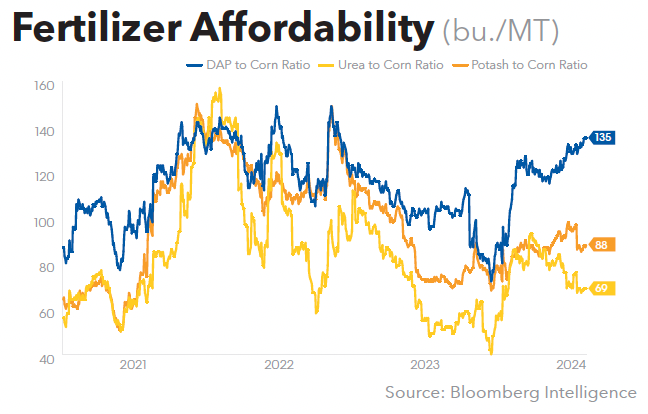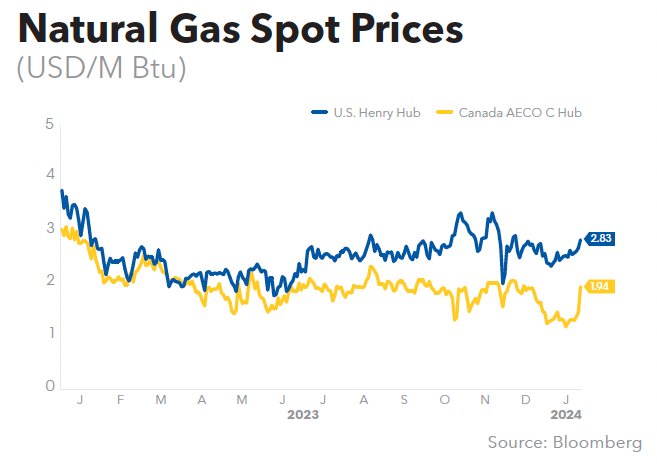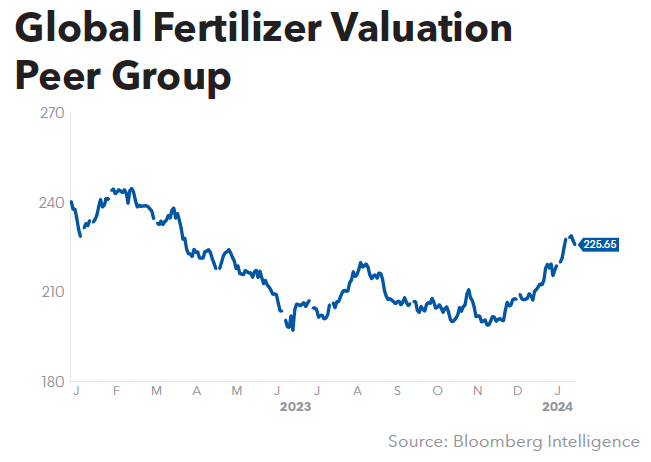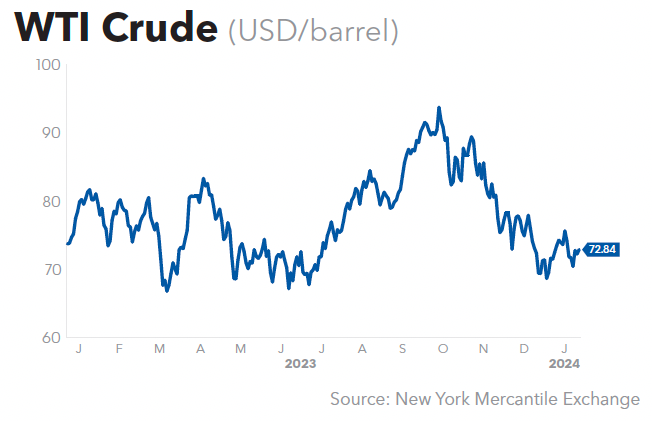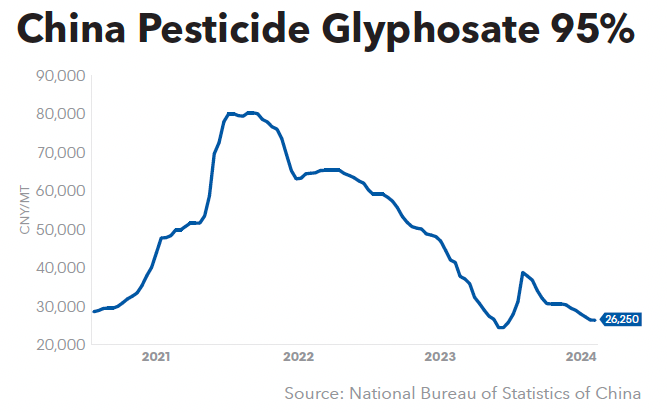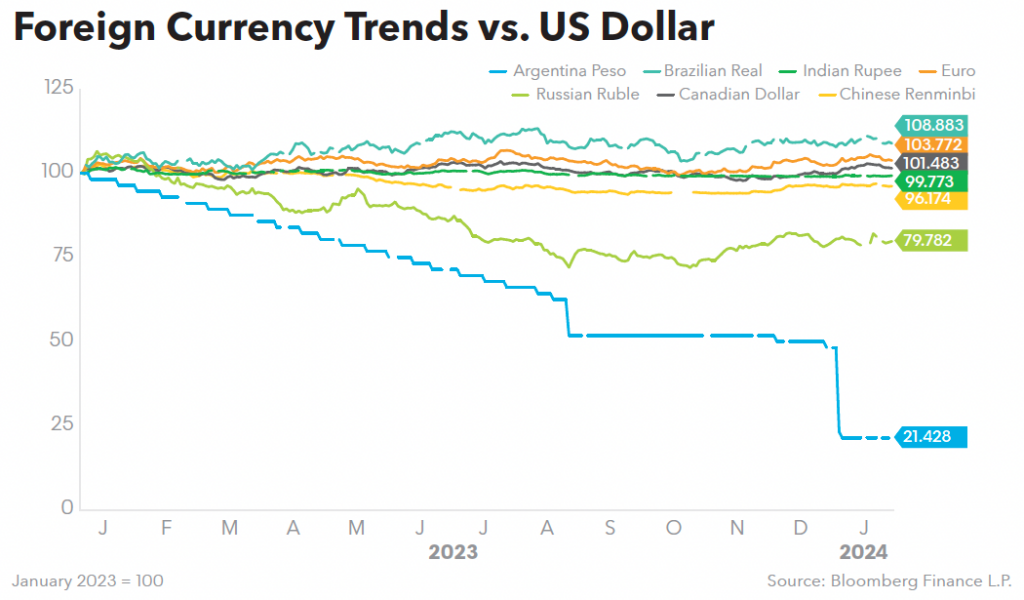Anglo Reportedly Seeking Investors for UK Polyhalite Project
Anglo American plc is reportedly looking for a potential investment partner or partners to share the costs of its giant Woodsmith polyhalite mine project in northeast England, according to a report in The Times, and has already begun to identify potential investors before starting a formal sales process for a stake in Woodsmith.
Anglo has long indicated it would consider partnering or syndication for the polyhalite project “at the right time, for the right value, and with the right partner” as part of the company’s longer-term strategy. At a company presentation on Dec. 8, CEO Duncan Wanblad told analysts and investors that Anglo “continues at pace” to find a partner for the project, which is under development near Whitby in North Yorkshire.
Recent media reports speculated that Anglo is looking to line up one or more investors to buy into the project by early 2025, seemingly before Woodsmith is put to the company’s Board for final approval. A 49% stake is reportedly expected to be offered with Anglo maintaining control.
However, a spokesperson for Anglothis week said the company does not comment on media speculation and had no information to add to Wanblad’s Dec. 8 statement.
These developments come at a time when Anglo itself could become a takeover target after it warned last month of a weaker-than-expected production outlook. Analysts noted that £30 billion (approximately $37.9 billion at current exchange rates) had been lost from the value of Anglo since Wanblad took over from longstanding CEO Mark Cutifani in April 2022.
Anglo reported in February 2023 that it had taken a $1.7 billion write-down on the Woodsmith project, saying the recognition of the impairment was due to the extension of the development schedule and the capital budget from what was previously anticipated (GM Feb. 24, 2023).
Anglo in December 2023 said it still expects the capex for the Woodsmith project to be around $1 billion for the next few years, which is a step-up from the budgeted capex of about $0.7 billion for 2023. Some media outlets recently put the total capex for Woodsmith at some $9 billion, but the Anglo spokesperson said the company has not provided a total capital cost for the polyhalite project.
Anglo is targeting potential Board approval for Woodsmith in 2025 for an expected 5 million mt/y operation by 2030, including a clear pathway to 13 million mt/y. First production is still expected to be in 2027, which is also when the company plans to sell the first product to the market and to start the mine ramp-up. The processed polyhalite will be marketed as Poly4.
However, Anglo Crop Nutrients CEO Tom McCulley made clear to analysts and investors on Oct. 3 that everything is subject to studies and ongoing capex approvals. A spokesperson for Anglo this week declined to comment on whether the company would initially sell raw ore or seek to secure a tolling/processing arrangement, depending on the nature of any potential investor partnership for the project, or via one of its offtake partners.
In addition to building the polyhalite mine near Whitby, the project includes the development of a 37-kilometer underground conveyor, or mineral transport system, to take the mined ore to a materials handling and processing facility on the North Yorkshire coast at Wilton, Teeside, and the development of a terminal at Redcar, Teeside, to handle export shipments.
Anglo acquired the polyhalite project in March 2020 via its acquisition of the financially collapsing Sirius Minerals plc, the project’s initiator (GM March 20, 2020). Anglo paid £404.9 million (approximately $481 million at March 2020 exchange rates) for Sirius, angering some investors who considered the price “low ball” and “bargain basement.” Anglo at the time defended its offer, however, saying it was “fair and reasonable” given the outstanding capex requirements of the polyhalite project.
In terms of potential partnerships, Anglo owns a 30% stake in Brazil’s Cibra Group Companies through it takeover of Sirius. The original deal completed by Sirius was linked to an agreement with Cibra for the supply and resale of Poly4 into Brazil and other South American countries. Through the acquisition of Sirius, Anglo also has offtake deals in place with Europe’s BayWa, ADM for North America, IFFCO, and Wilmar in Southeast Asia.
